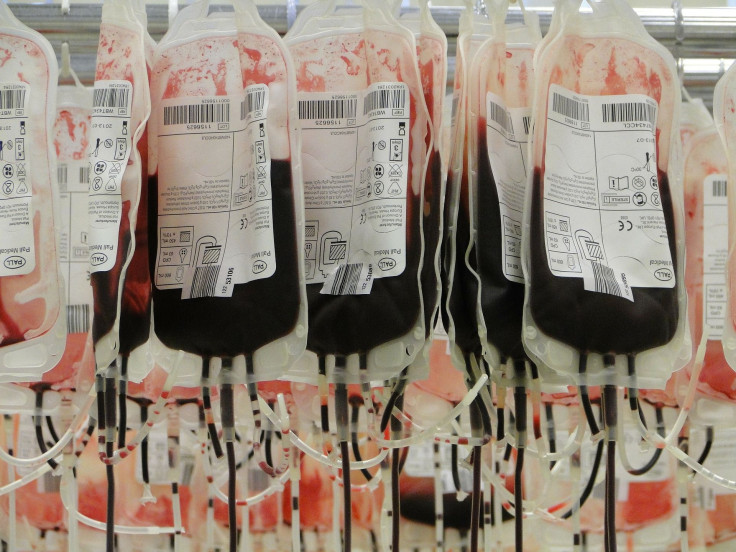FDA Relaxes Blood Donation Restrictions For Gay Men Due To ‘Urgent Need’ Amid Coronavirus Crisis

KEY POINTS
- Under the revised guideline, FDA has shortened blood donation deferral period for some groups from twelve months to three months amid “urgent need for blood”
- HIV positive people are still prohibited from donating blood
- The changes are to be implemented immediately
The Food and Drug Administration (FDA) on Thursday revised the blood donation eligibility guideline to significantly loosen restrictions for gay men who previously had to observe a 12-month deferral period before donating blood to reduce the risk of transmitting Human Immunodeficiency Virus (HIV), citing an “urgent need for blood” in the wake of the coronavirus outbreak.
The changes are to be implemented immediately and are likely to be in place after the COVID-19 crisis ends. Under the revised guideline, FDA has trimmed the blood donation deferral period for a few groups in an effort to supplement the increasing demand for blood. Male donors who have had sex with another man, female donors who would have been barred because of having sex with a man who had sex with another man, those who recently got tattoos or piercing, will now have to abstain from any such activity for three months before donating blood as opposed to the 12 months deferral period.
HIV positive people are still prohibited from donating blood, U.S. Surgeon General Jerome Adams said in a press conference following the release of the new guidelines. However, those who were taking medication to prevent HIV infection but no more consuming them are still eligible for donating blood, Dr. Peter Marks, the FDA's director of the Center for Biologics and Evaluation Research, who was also part of the press conference, said.
He passed the responsibility to the individual donor centers to ascertain the eligibility of those on medicines based on their policies. "The individual donor centers will have policies that may require that someone stop those medicines for a period of time, but that, that is something that is generally left to the discretion of the donor centers," Marks said.
Other 12-month deferral periods have also been eased under the new guidelines, meaning those who have traveled to areas with certain endemic diseases, those who have indulged in injection drug, and those who have engaged in commercial sex work, would now have to wait just for three months to donate blood.
The agency has eliminated recommended deferrals for people who had traveled to European countries or had been in military bases where there is a risk of transmitting Creutzfeldt-Jakob disease or variant Creutzfeldt-Jakob disease.
Adams said the new set of guidelines will reduce stigma and encourage more people to “to do the right thing: donate blood.”
Medical organizations and gay rights activists have long opposed FDA for discrimination against male homosexuals in light of the twelve-month deferral policy. The restrictions on gay blood donors date back to 1983, when the AIDS crisis reached its peak. FDA, in 2015, eased the blanket ban and updated the policy to set it to the 12-month deferral period.
© Copyright IBTimes 2024. All rights reserved.






















